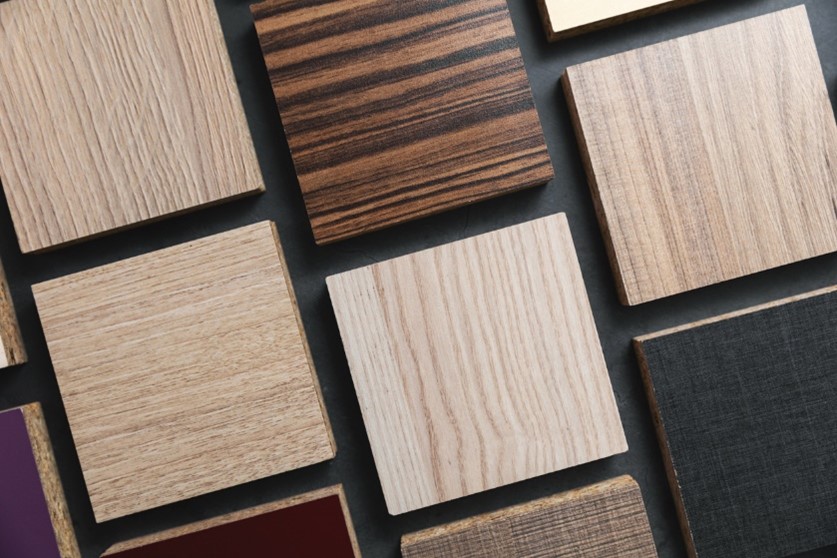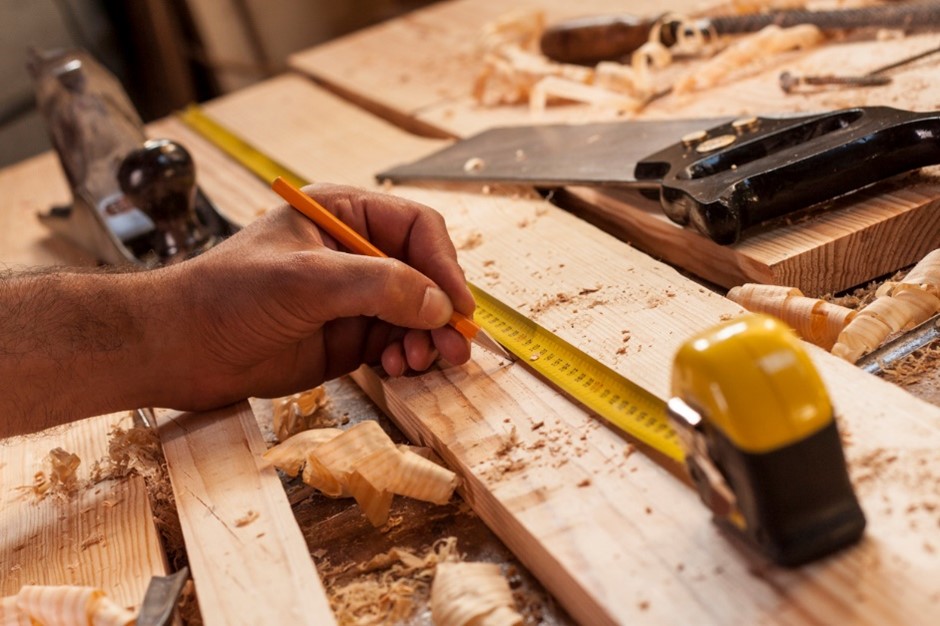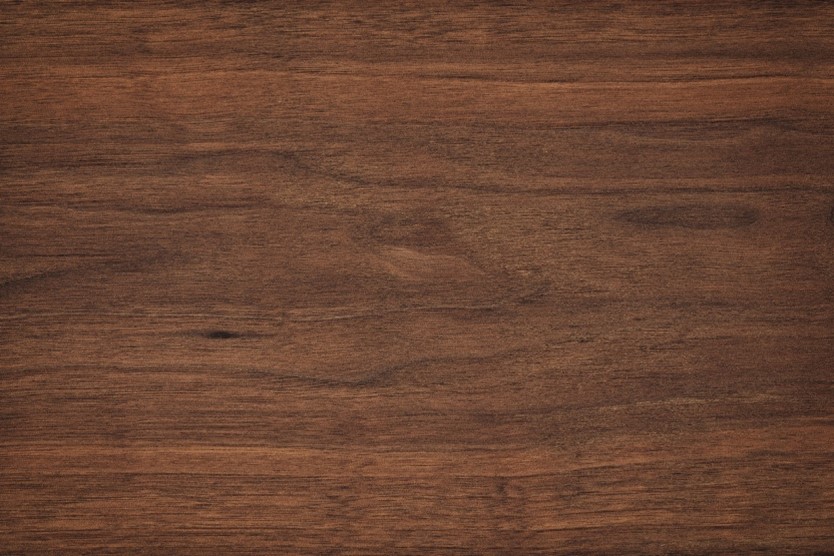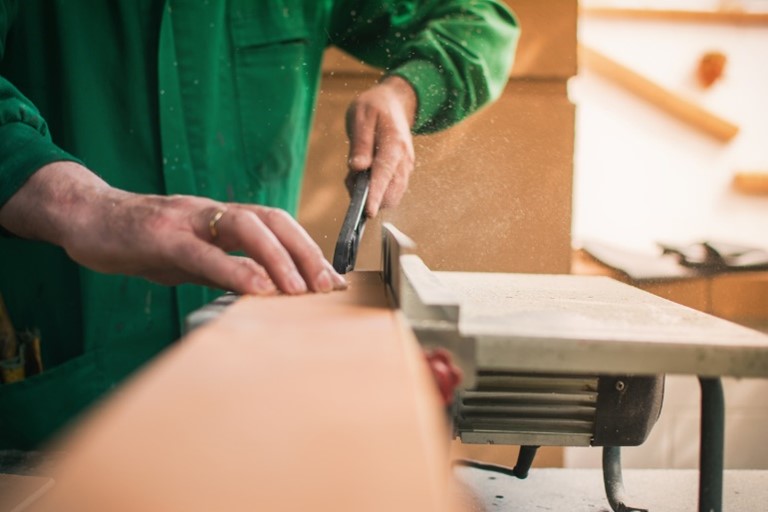

In bespoke joinery, the choice of timber is as crucial as the craftsmanship it requires. Each type of wood possesses unique attributes and aesthetic values that significantly influence the overall finesse and functionality of the project. However, because of this, selecting the right wood type for your project can be challenging, which is why the experts here at Darcy Joinery are here to help.
Here, we’ll explore some of the high-quality timbers our wooden window frame, door, and staircase manufacturers in Manchester use in bringing bespoke projects to life, elaborating on their advantages, appeal, and suitability for different applications.
Understanding the Importance of Timber Selection in Bespoke Joinery
Understanding the importance of timber selection in bespoke joinery calls attention to the fundamental role that the right wood types play. Many attributes significantly affect the style and durability of the final product, such as:
- Texture
- Colour
- Grain
- Durability
These characteristics not only determine the visual appeal and architectural style but also substantially affect the longevity of the joinery item. In addition, the correct choice of timber also dictates the item’s resistance to damage, future maintenance requirements, and its ageing process. Therefore, not just for aesthetic reasons but for practical considerations, too, the right wood type is critically important in bespoke joinery. Let’s take a look at some of the timber options we offer here at Darcy Joinery and help you decide which choice to go for.


Oak: Timeless Beauty and Resilience
If there’s one timber to symbolise strength and beauty, it’s oak. As a constant fixture in joinery, oak resonates timeless charm and superior durability, and its inherent robustness makes it highly resistant to warping, contributing to its longevity. The attractive grain pattern imbued within this timber enhances its aesthetic quality, making it a favourite for many homeowners and designers.
Walnut: Elegance and Warmth
Walnut timber, often sought for its sophisticated aesthetic, presents a rich colour palette that transcends from light pale brown to dark chocolate brown. The warmth and elegance it exudes have made walnut a popular choice for crafting contemporary and traditional joinery products. Its resilience, coupled with its superior finish, makes it suitable for making our exceptional window frames, staircases, and wooden front doors in Manchester.
Accoya®️ Wood: Sustainability and Durability
Accoya®️ wood is becoming increasingly popular because of its sustainability and exceptional durability. Resulting from a process that modifies wood at a molecular level, Accoya®️ boasts reduced shrinkage and swelling, ensuring outstanding dimensional stability. Known for having the durability of tropical hardwoods, it offers superior resistance, and with its excellent longevity and environmental credentials, it’s a responsible choice for those seeking sustainability without compromising on strength and quality.


Mahogany: Luxury and Timeless Appeal
Mahogany spells luxury and enduring style. Known for its durability, mahogany ages gracefully, developing a stunning patina over the years. The deep, rich, reddish-brown tones (as pictured above) provide an exalted visual appeal, making it an excellent choice for those seeking sophistication in their joinery items. It’s used broadly in luxury interiors and period mouldings, crafting exquisite staircases, doors, and window frames.
Scandinavian Redwood/Pine: Beautifully Knotted
Scandinavian Redwood, or Pine, from Sweden, Finland, and Russia, is a versatile softwood ideal for bespoke joinery. Varying grades offer different qualities, with knots being a natural occurrence. The medium-strength wood can be pressure-treated for durability, and despite possible complications with knots, it’s easy to craft using both machines and hand tools. It can also be stained, painted, or polished for a pleasing finish.
Sapele: Resilient Yet Aesthetically Pleasing
Sapele, a dark red-brown hardwood from Western Africa, is valued for its hardness, similar to English Oak. It’s known for its resilience to bending, stiffness, and shock loads, and is moderately durable overall. Despite potential chipping from its interlocked grain, it’s workable, takes screws and nails well, and finishes excellently with polish or stain. Sapele is extensively used for high-quality external joinery products like windows, doors, and staircases.


Choosing the Right Timber for Your Bespoke Joinery Project
Selecting the appropriate timber for your bespoke joinery requirements largely depends on the architectural style of your space, your personal taste, budget, and sustainability considerations. At Darcy Joinery, we work closely with homeowners, interior designers, and construction professionals to ensure that the best timber is selected for each individual project.
By combining our traditional craftsmanship with modern material counterparts such as stainless steel and glass, we can craft pieces that are unique to your requirements yet in tune with the aesthetics of the 21st century. So, whether you’re seeking innovation for a challenging space or an inspirational design for a regular area, our commitment to exceptional quality and unparalleled customer service allows us to meet all your bespoke joinery needs.
Please don’t hesitate to contact us today and let us help you bring your bespoke joinery visions to life.
